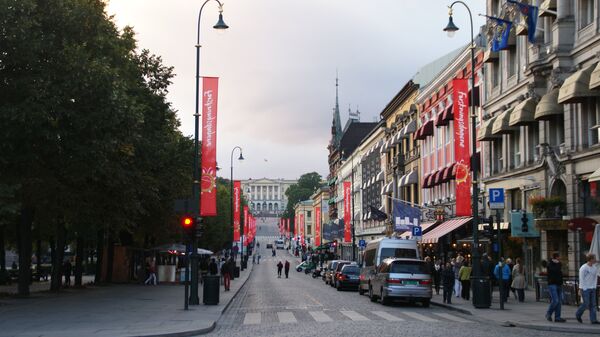The Norwegian authorities take it as a premise that COVID-19 is a new infection, Director General of the Norwegian Health Directorate Bjørn Guldvog has said.
“This has been discussed a lot. What we now believe is that those who have been through the disease get some kind of immunity”, Guldvog told national broadcaster NRK.
“What remains uncertain is how long the immunity lasts, whether it be weeks, months, or years. And does it play a role whether you have had a serious illness or a mild illness”, Guldvog continued.
Guldvog was supported by the medical community.
“Everything we know about coronaviruses so far suggests, that we will become immune”, Anne Spurkland, a professor of medicine at the University of Oslo and a researcher in autoimmune diseases and molecular immunology, told NRK. “As long as we do not have a vaccine, we must focus on those who have undergone the infection and that they do not get it again”.
At the same time, the director general warned against relying on herd immunity, that is reaching a state when a high percentage of the population becomes immune.
“Letting a large part of the population become sick has a big cost to it. Then we also know that many become critically ill. And then it is still uncertain whether those who have been through the disease will have long-lasting immunity and thus can be completely safe in the future”, Guldvog said.
The Norwegian Public Health Institute (FHI) estimated last week that about 1 percent of the population has had COVID-19 so far. This greatly limits the potential of large-scale immunity.
Last week, the World Health Organisation (WHO) warned that there was still no evidence that people who test positive for the new coronavirus and recover are immunised and protected against re-infection. “There is currently no evidence that people who have recovered from COVID-19 have antibodies are protected from a second infection”, the WHO said in a statement.
The warning came as some governments, including the UK, Germany, and Italy consider measures such as “immunity passports” or other documents for those who have recovered as a way of re-opening society after weeks of lockdown, avoiding unnecessary isolation and getting the economy back on track.
So far, the debate on immunity in Norway hasn't focused on immunity certificates. But as Spurkland pointed out, the decision to re-open kindergartens based on the assumption that children bear smaller risks of infection may be seen as dishing out age-based immunity passes.
In academic circles, the attitude toward formal certificates remains mixed. Gunnveig Grødeland, senior researcher at the Institute of Clinical Medicine at the University of Oslo, warned against a false sense of security they may instill, as owners of such certificates may become bearers of infection without even knowing it, thus exposing others to even greater risk.
Norway has seen 7,738 confirmed COVID-19 cases and 210 deaths. According to the Institute of Public Health, the measures will remain strict for several months to come. The Institute estimates that between 40 and 60 percent of the country's 5.3 million strong population will be infected during the next year.




